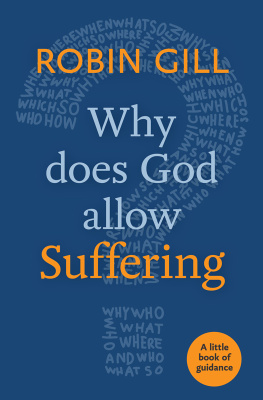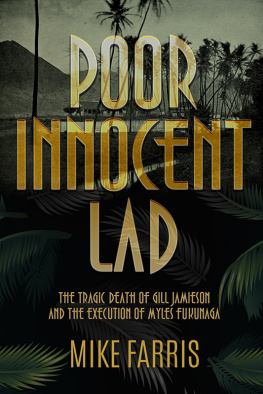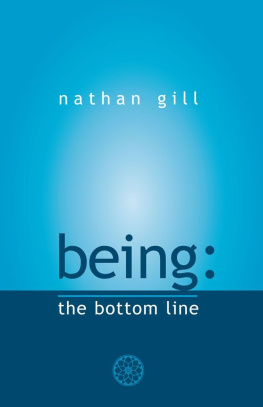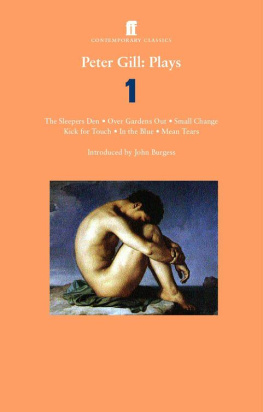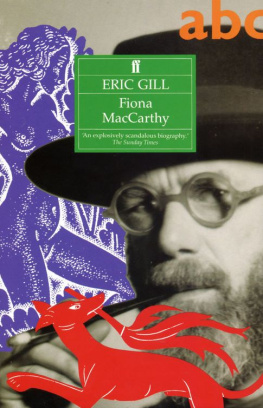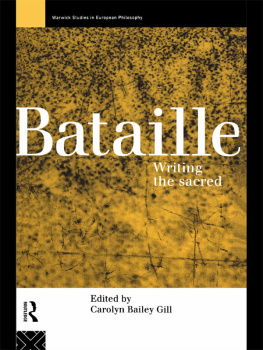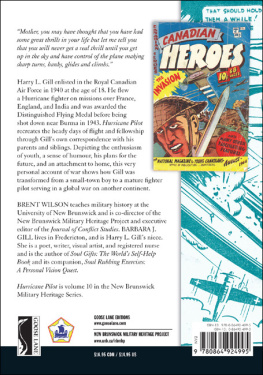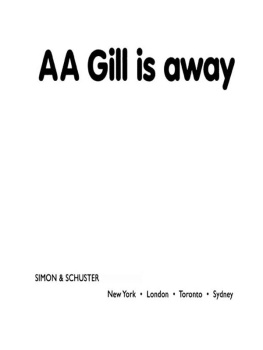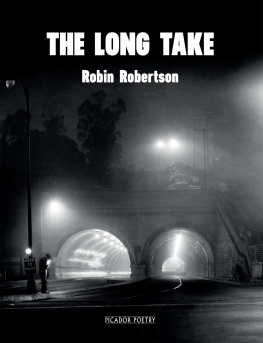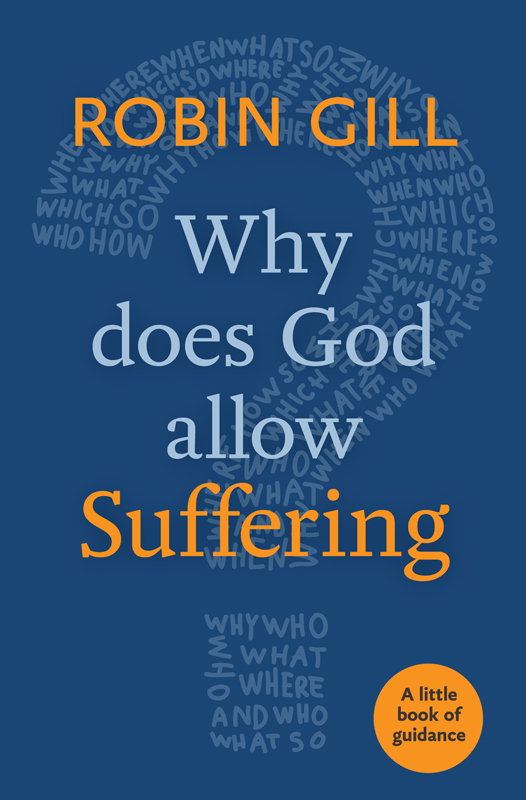
Robin Gill held the Michael Ramsey Chair of Modern Theology in the University of Kent, Canterbury for 20 years. Since 2013, he has been Emeritus Professor of Applied Theology there. For 13 years, he was chair of the Archbishop of Canterburys Medical Ethics Advisory Group. He is Honorary Provincial Canon of Canterbury Cathedral and Canon Theologian at Gibraltar Cathedral. He is editor of the journal Theology and the Cambridge University Press monograph series, New Studies in Christian Ethics. Previously, he held the William Leech Research Chair of Applied Theology at the University of Newcastle. He is the author or editor of some 40 books, including Health Care and Christian Ethics (Cambridge University Press, 2007). His most recent are Theology in a Social Context: Sociological theology volume 1 , Theology Shaped by Society: Sociological theology volume 2 , and Society Shaped by Theology: Sociological theology volume 3 (Ashgate, 201213) and A Textbook of Christian Ethics (4th edn, T&T Clark, 2014).
Little Books of Guidance
Finding answers to lifes big questions!
Also in the series:
How Do I Pray? by John Pritchard
What Do We Mean by God? by Keith Ward
What Is Christianity? by Rowan Williams
Where on Earth Is Heaven? by Paula Gooder
Why Are We Here? by Alister McGrath
Why Go to Church? by John Pritchard
Why Read the Bible? by Tom Wright
First published in Great Britain in 2015
Society for Promoting Christian Knowledge
36 Causton Street
London SW1P 4ST
www.spck.org.uk
Copyright Robin Gill 2015
All rights reserved. No part of this book may be reproduced or transmitted in any form or by any means, electronic or mechanical, including photocopying, recording, or by any information storage and retrieval system, without permission in writing from the publisher.
SPCK does not necessarily endorse the individual views contained in its publications.
The author and publisher have made every effort to ensure that the external website and email addresses included in this book are correct and up to date at the time of going to press. The author and publisher are not responsible for the content, quality or continuing accessibility of the sites.
Unless otherwise noted, Scripture quotations are taken from the New Revised Standard Version of the Bible, Anglicized Edition, copyright 1989, 1995 by the Division of Christian Education of the National Council of the Churches of Christ in the USA. Used by permission. All rights reserved.
Extracts from the Authorized Version of the Bible (The King James Bible), the rights in which are vested in the Crown, are reproduced by permission of the Crowns Patentee, Cambridge University Press.
British Library Cataloguing-in-Publication Data
A catalogue record for this book is available from the British Library
ISBN 9780281075409
eBook ISBN 9780281075416
Typeset and eBook by Graphicraft Limited, Hong Kong
Contents
This little book reflects on a sharp tension between belief in an all-loving God and our experience of suffering. For some people this tension is a major stumbling block for Christian faith. It was so for one of the greatest British scientists, Charles Darwin.
It is often thought that it was science, and particularly the discovery of evolution, that caused Darwin to become an agnostic.
For a while as a young man he had considered a career in the Church. He had dropped out of studying medicine at Edinburgh University, and his freethinking father had almost persuaded him that the life of a country parson would suit him best. But he was transformed by his extraordinary voyage on HMS Beagle and spent the rest of his life as a scientist living on independent means.
His wife and first cousin, Emma, and their children went regularly to their local church in the Kent village of Downe. Charles Darwin remained friendly with successive vicars of Downe but seldom went to services there a scientist and father of evolutionary theory apparently could not also be a Christian believer.
It is, however, much more likely that it was personal tragedy that triggered Charles Darwins agnosticism. Even before their marriage Emma was concerned about Charles religious doubts and feared for his eternal salvation. In a letter to him she reminded him of the text where Jesus says:
Abide in me, and I in you. As the branch cannot bear fruit of itself, except it abide in the vine; no more can ye, except ye abide in me.
I am the vine, ye are the branches: He that abideth in me, and I in him, the same bringeth forth much fruit: for without me ye can do nothing.
If a man abide not in me, he is cast forth as a branch, and is withered; and men gather them, and cast them into the fire, and they are burned.
(John 15.46 KJV )
When his father died in 1848 Charles was in agony. If this text were literally true then it would appear that his sceptical father was now suffering the eternal punishments of hell. He had a serious breakdown with violent vomiting and deep depression. Three years later his beloved eldest daughter, Annie, died aged just ten. Understandably he described this as a bitter and cruel loss. His hesitant religious faith was now buried with his dead child.
Perhaps you have chosen to read this book because you have experienced some similar personal tragedy yourself. Or perhaps, like many of us, you have seen parents devastated by the loss of a child. I dont remotely harbour Emmas fears about eternal punishment in hell (a particular phobia of the Victorians), but I do know just how traumatic funerals of young people can be. Taking such funeral services is deeply disturbing. Again and again parents say I expected to go first, and Why does God allow this to happen?
Giving easy answers to grieving parents is the last thing any experienced minister or priest should do. We can hold hands and grieve with the bereaved; we can be alongside them in their weeping; we can offer words and prayers of comfort all of this, but not facile explanations. There is surely a proper time for grief and perhaps even for anger at God.
Yet once grief has abated there is also a proper time for reflection, and that is what this book is about. It will try to resist easy explanations defending God, as well as those summarily dismissing God. It will suggest instead that careful reflection can reduce the tension between belief in God and experiences of innocent suffering.
Pain and suffering
First, though, it is important to make some clarifications. Pain and suffering are clearly related but there is a crucial difference between them: pain often has a beneficial function; it is not obvious that suffering does.
Listening carefully to doctors who specialize in pain control I have learned that they are divided among themselves. Some specialists are convinced that they can control pain without rendering a patient comatose; others are not. Yet all might agree that modern medicine has made considerable advances in pain control.
They might also add that individual patients have different pain thresholds. Some patients complain bitterly about pain that others either seem not to feel or simply endure without complaining. So most people want to have a local anaesthetic before having a tooth filled but some of us would rather have a small amount of sharp pain than two hours of numb jaw there is a subjective element to pain.
One leg, as he was later dubbed, showed a level of pain endurance that makes most of us wince. Henry William Paget, later the First Marquess of Anglesey, fought at Waterloo alongside the Duke of Wellington. Towards the very end of this fierce and bloody battle, Paget and Wellington were mounted alongside each other when Pagets right knee was shattered by grapeshot. Legend has it that Paget exclaimed: By God, sir, Ive lost my leg! and Wellington, removing his telescope briefly, simply responded By God, sir, so you have!

